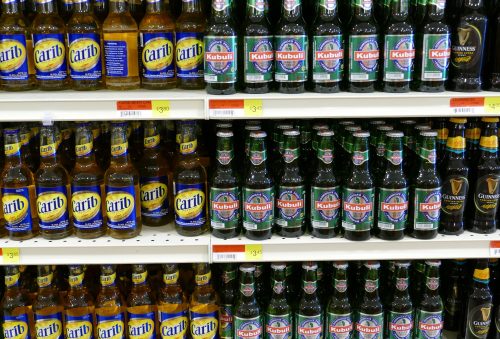Consumers swiftly adapt habits to meet challenges of lockdown

Lockdown has led to a radical change in shopping habits, and also the consumption of tech services such as the internet and telcoms use.
With all but essential workers effectively confined to homeworking, new trends are emerging.
Following the non-essential travel restrictions, digital TV orders and video on demand increased by 174% year-on-year, while online gaming was up 237%, according to research by global affiliate network awin.com from data shared by its retail partners.
It also found that fitness product sales were up 53% on the weekend of March 20, compared with February, with basket value up 42%. The biggest share of increase was noticed by those retailers specialising in cross trainers, treadmills, exercise bikes, rowers and general strength equipment.
Alcohol sales increased by a massive 371% from the week commencing March 16, compared with the previous year, and increased by 300% on Friday 20th, after pubs were forced to close
Perhaps, unsurprisingly, there was a six per cent year-on-year drop in online traffic for department stores and clothing and beauty brands from Friday 20th to Monday 23rd.
However, interestingly, the brands that decided to close their high street stores before the lockdown actually saw a 12% increase in online traffic during the same period.
Although there has been a general increase in takeaway orders, the volume hasn’t been that significant. The biggest day so far (Saturday, March 21) was still 23% less than Valentine’s Day.
One particular online pharmacy saw a 159% increase in online orders for condoms, just one day after the announcement that pubs were closing.
A spokesperson for awin.com said: “We are, no doubt, living in unprecedented times, and there has, by necessity, been a massive shift in our shopping habits.
“As appetite for items relevant to isolation increases exponentially, retailers need to adapt and find their place in this ever-changing situation.”
Meanwhile, telecoms giant Vodafone said it has seen unprecedented demand across its mobile, fixed telephony and broadband networks.
However, it reassured consumers that, while demand continues to rise at unprecedented levels, its network remains reliable and strong, and it is within its capacity thresholds.
Latest figures from Vodafone showed there was an increase of nearly 20% in mobile call traffic on Monday, March 23, versus the previous Monday.
On a regional basis, Vodafone saw a 24% increase in mobile calls made and received in Glasgow, 14% increase in Bristol, 12% in Birmingham, eight per cent in Manchester, and more than two per cent in London.
Across the UK, mobile voice traffic has increased by 56% in the past two weeks.
Figures show that broadband traffic has grown by 15% during the day as more people work and study from home.
Average daytime usage now mirrors a typical Sunday – typically the busiest day of the week with customers streaming films and TV episodes.
As customers turn to technologies such as WiFi Calling, the network said it has seen a 28% increase in Voice over the Internet (VoIP) usage at the start of this week.
In contrast, mobile music streaming traffic reduced by around 16% from the start of the week as customers moved from listening to music on the move to the home over their broadband link.
A Vodafone spokesperson said: “We keep constant watch on traffic over our networks and are adding extra capacity every day to ensure our customers keep connected.
“This follows an investment of around £4.5bn in our network over the past five years – the largest in our 35-year history.”







